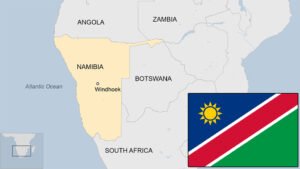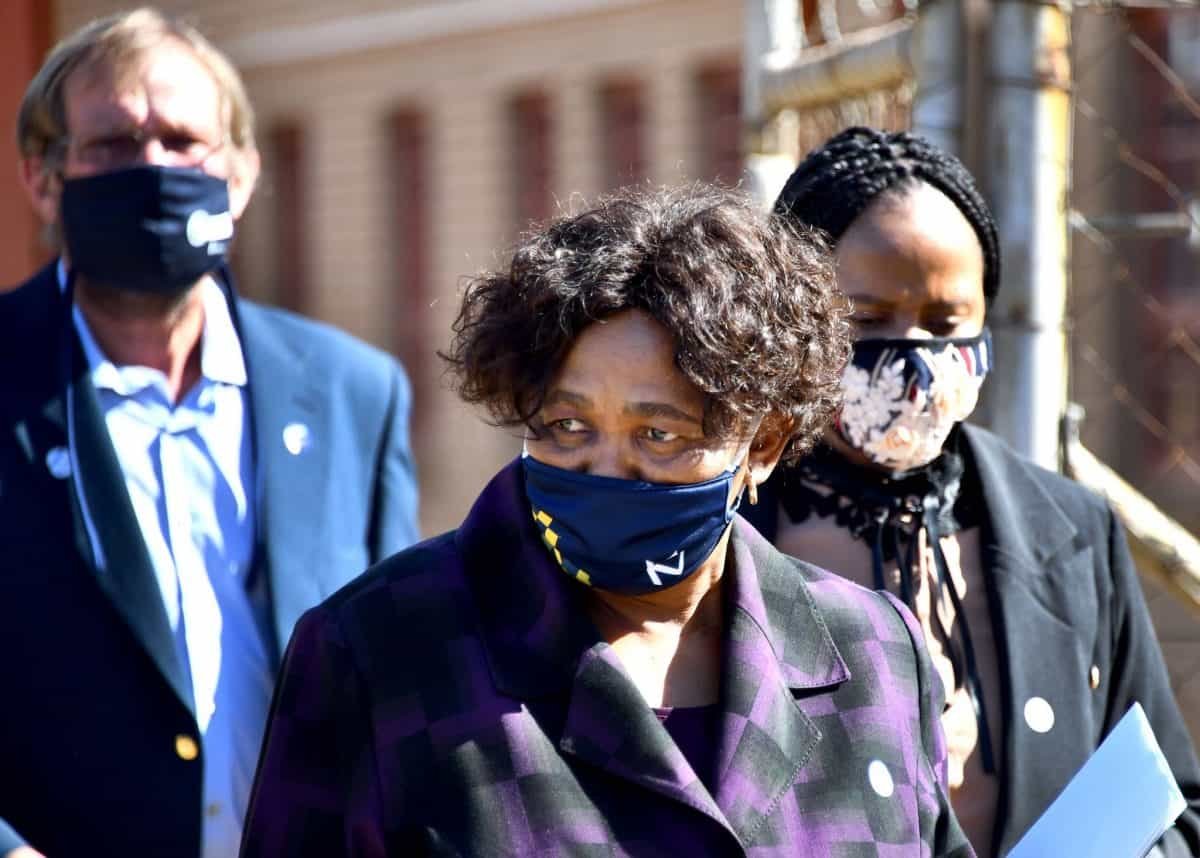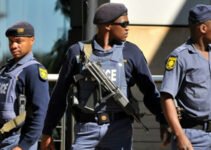South Africa has a rich and diverse history that can be traced back to ancient times. March 21 stands as another thread woven into this remarkable tapestry. Let us explore the layers of South African history, delving into the past and unravelling the narratives that left their mark on this extraordinary land.

1996: Eleven people killed at Donnybrook, Kwazulu
The killing of eleven people at Donnybrook, Kwazulu-Natal, on 21 March 1996 can be considered part of the ongoing rivalry between supporters of the Inkatha Freedom Party (IFP) and the African National Congress (ANC). This rivalry reached its height during the run-up to the 1994 elections. Kwazulu-Natal, as a former IFP stronghold, had a history of violent clashes between IFP and ANC supporters that began before the 1990s. It is unclear whether these killings were retaliation or part of a greater action to destabilise the region. Gunmen killed 11 people, including a woman and a baby, in an overnight attack in Donnybrook. Hours before the massacre, former President Mandela had opened the ANC’s campaign for local government elections in KwaZulu-Natal. Later that afternoon, the government announced a ban on the carrying of weapons in public, which included traditional weapons.
1995: Human Rights Day is celebrated for the first time in South Africa
Human Rights Day in South Africa is celebrated on the same day as the Sharpeville Massacre anniversary, which occurred in 1960. The incident marked a turning point in the fight for liberation and inspired South Africa’s Bill of Rights, which entrenches the right to life regardless of race, gender, or age.
1990: Namibia gains Independence
Namibia was a German territory, which came under South African administration after World War I. South Africa tried to incorporate it as one of its provinces, but the UN rejected the request. The apartheid policies of South Africa were extended to Namibia, leading to human rights violations, including the Kassinga massacre. In 1988, South Africa agreed to give up control of Namibia, which gained its independence on 21 March 1990.
1975: Inkatha Freedom Party is formed
The Inkatha National Cultural Liberation Movement was founded in 1975 to fill the vacuum in Black politics caused by the banning of the ANC and PAC. It was the precursor to the Inkatha Freedom Party (IFP) and was founded by former ANC office-bearers or activists. Dr. M.G. Buthelezi, a former ANC Youth League member, was its most prominent founder and became its President. IFP came into being in 1990 at a special conference in Ulundi, with Dr. Mangosuthu Buthelezi as its President.
1966: International Day for the Elimination of Racial Discrimination
The International Day for the Elimination of Racial Discrimination was established by the United Nations in 1966 after the tragic Sharpeville Massacre in South Africa. This day is observed on March 21st every year.
1903: John Beaver Marks is born
John Beaver (JB) Marks was a teacher, trade unionist, and political activist born in Ventersdorp, Transvaal, on March 21, 1903. He identified as an African and was a member of the South African Communist Party (SACP) and the African National Congress (ANC).



